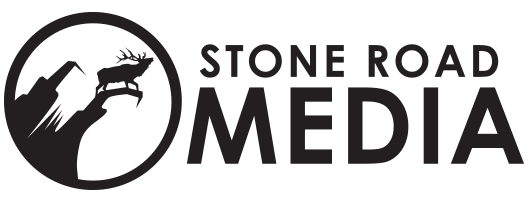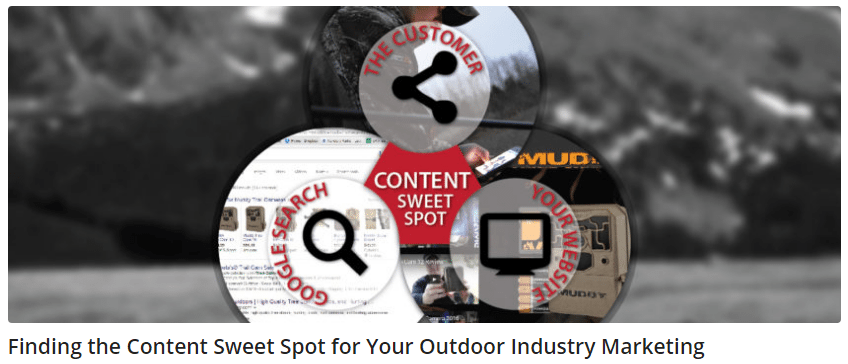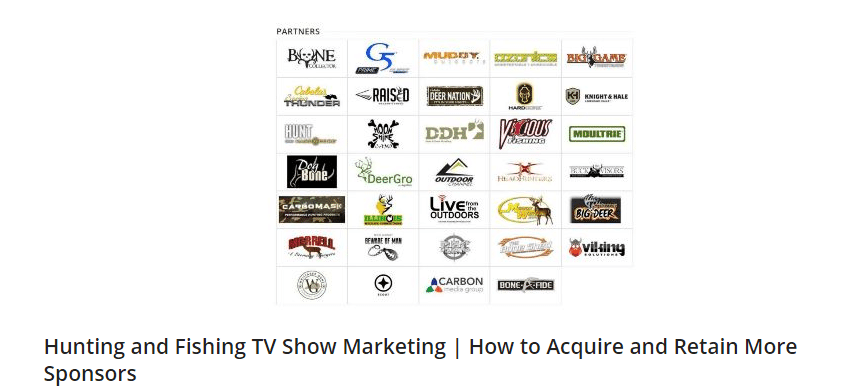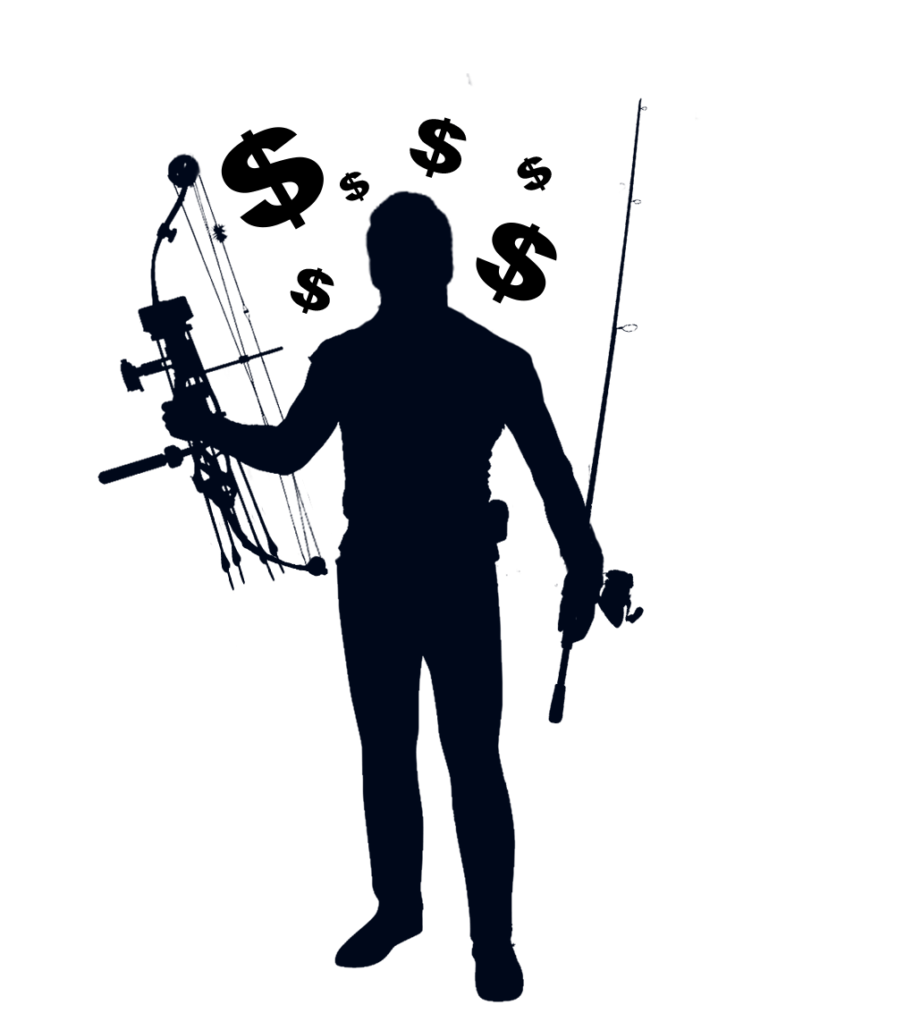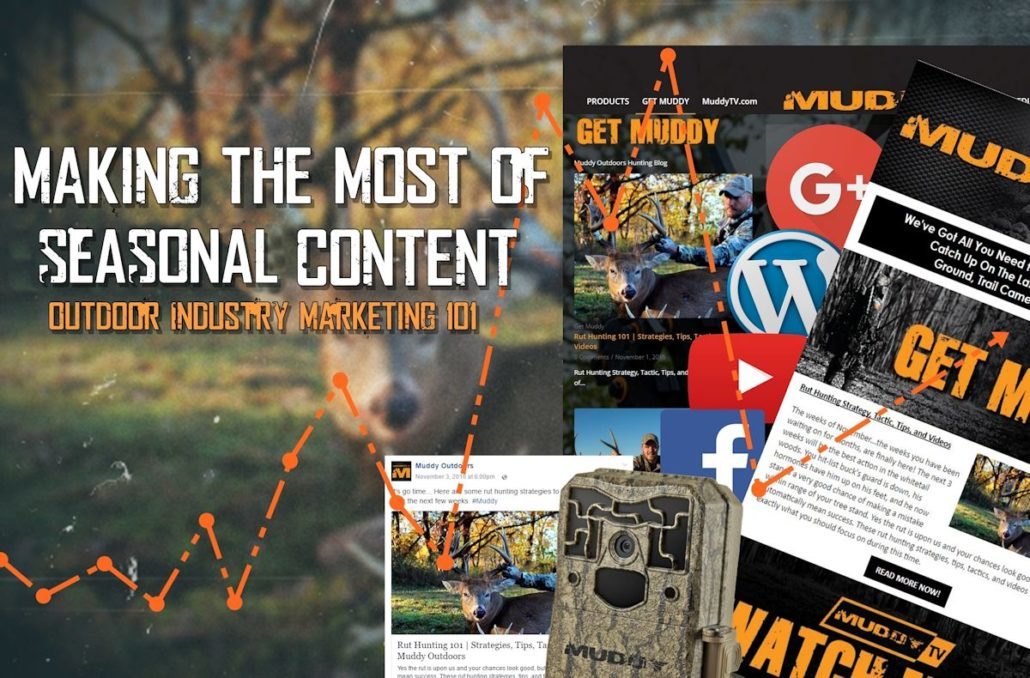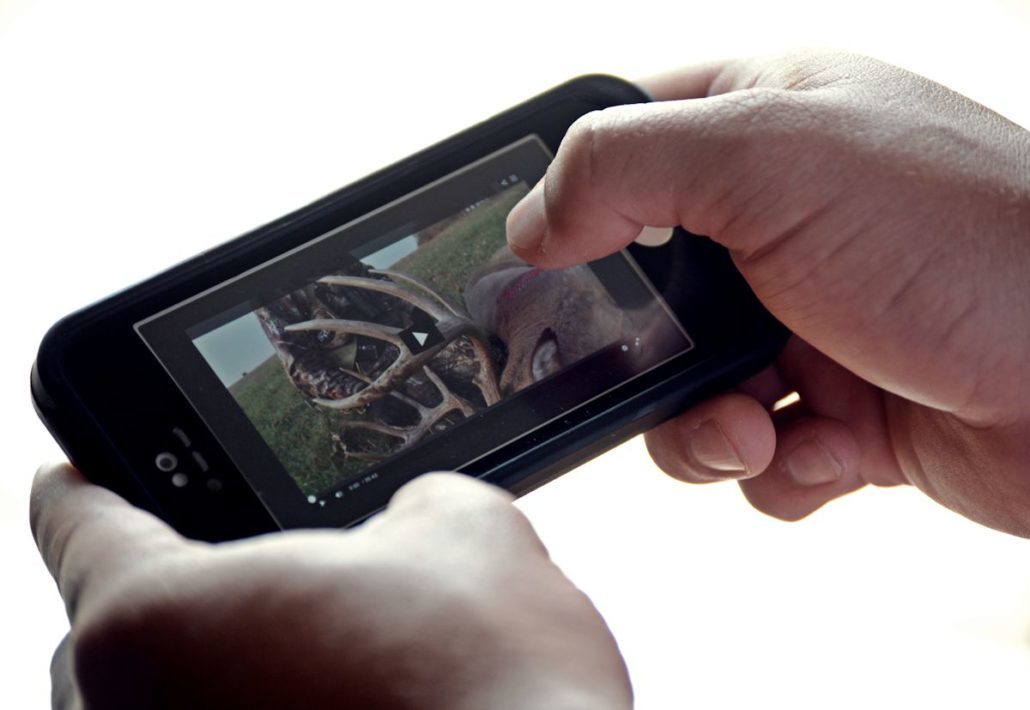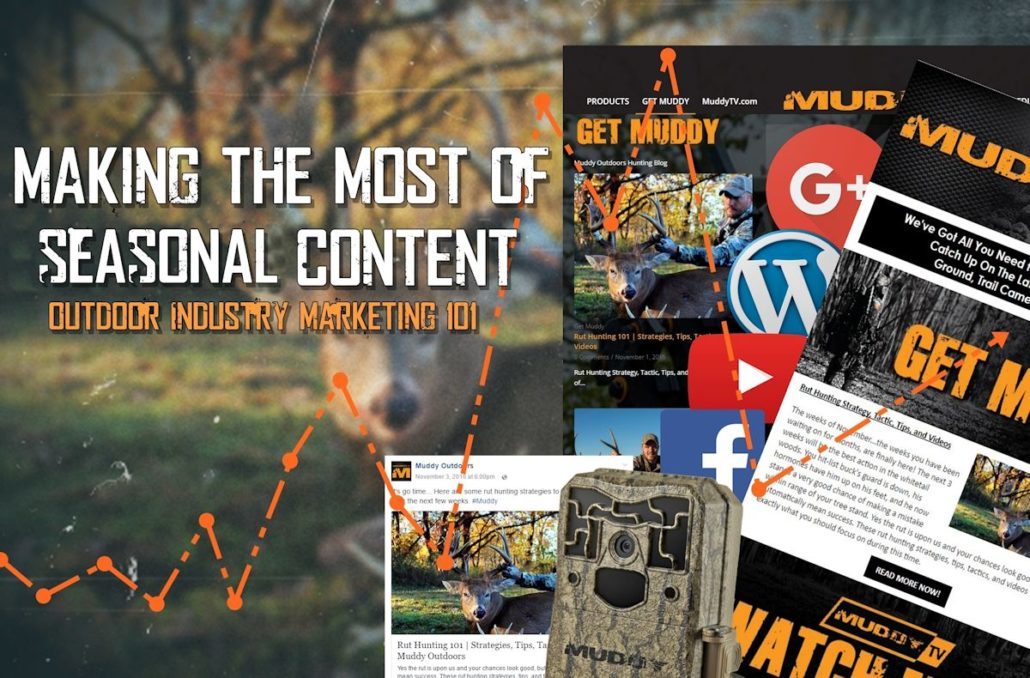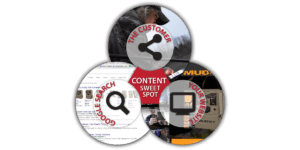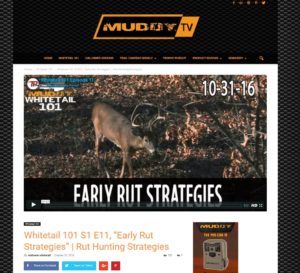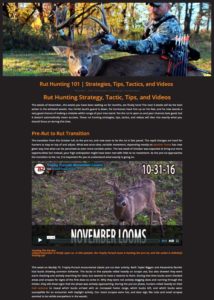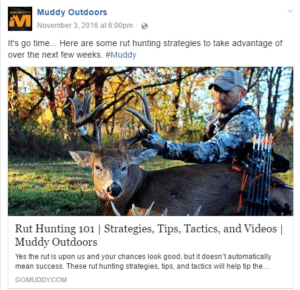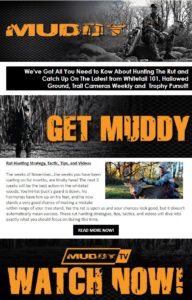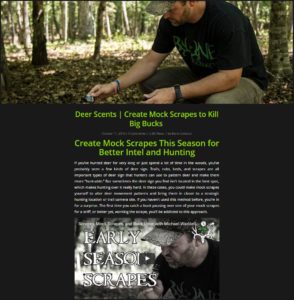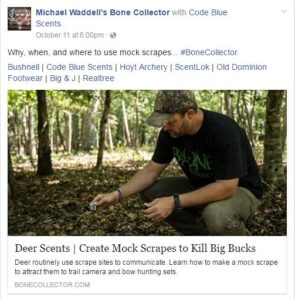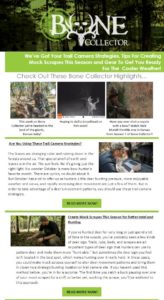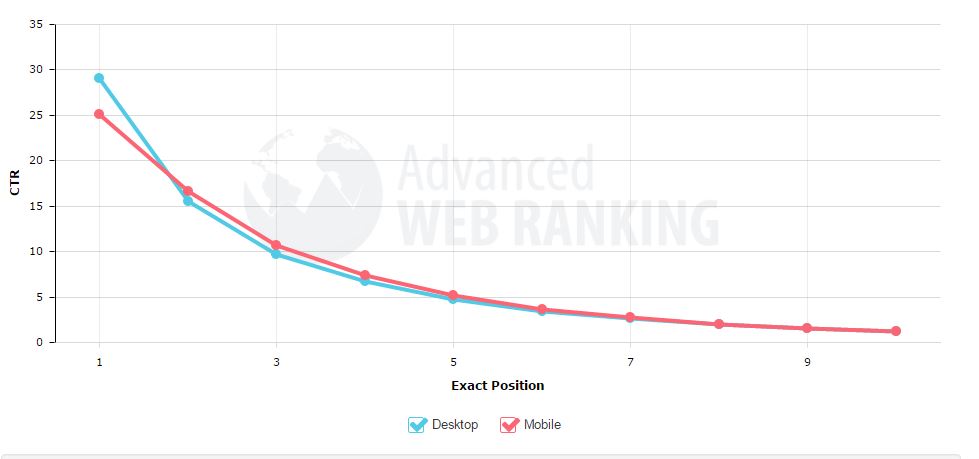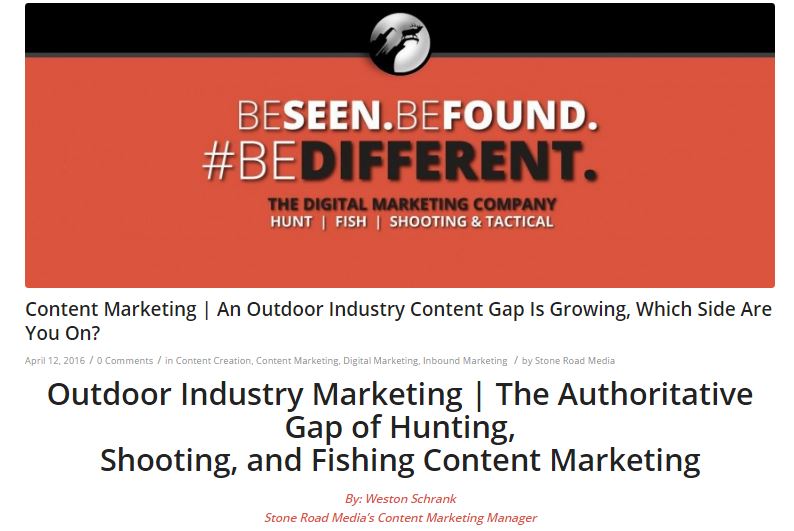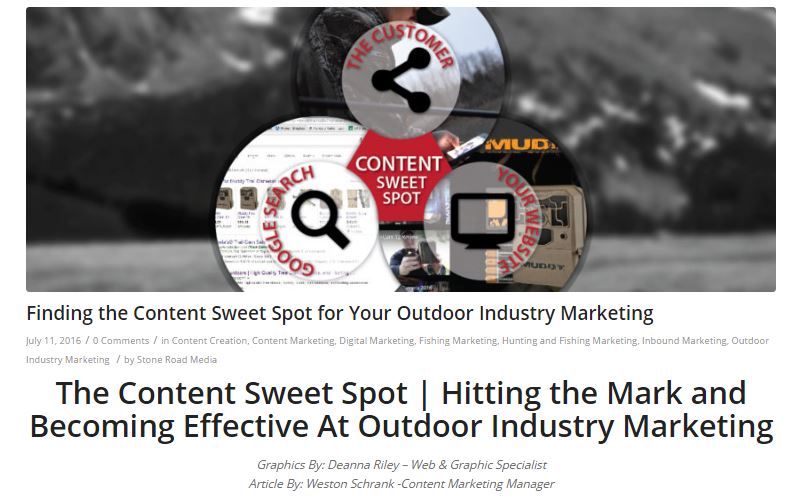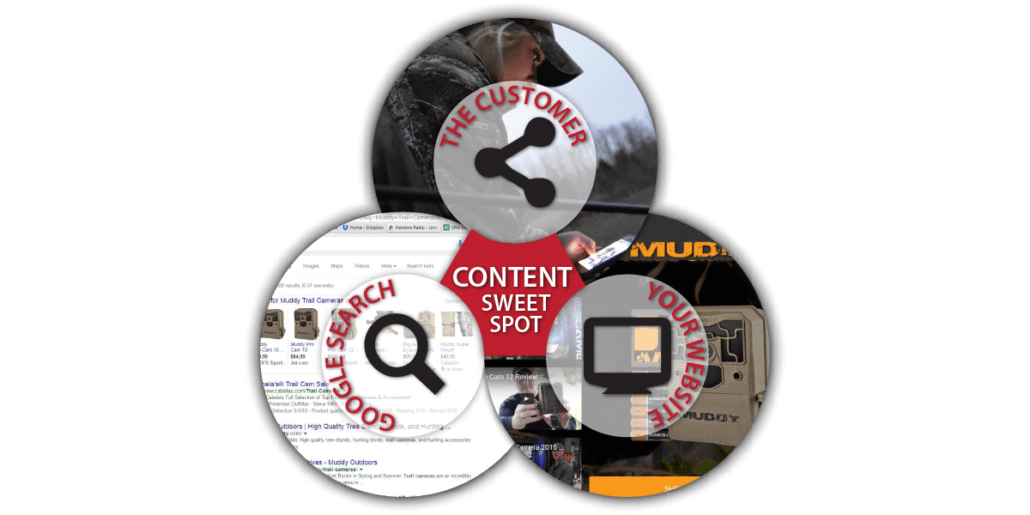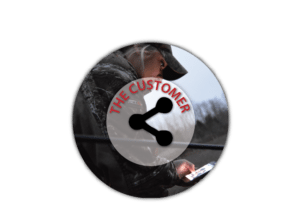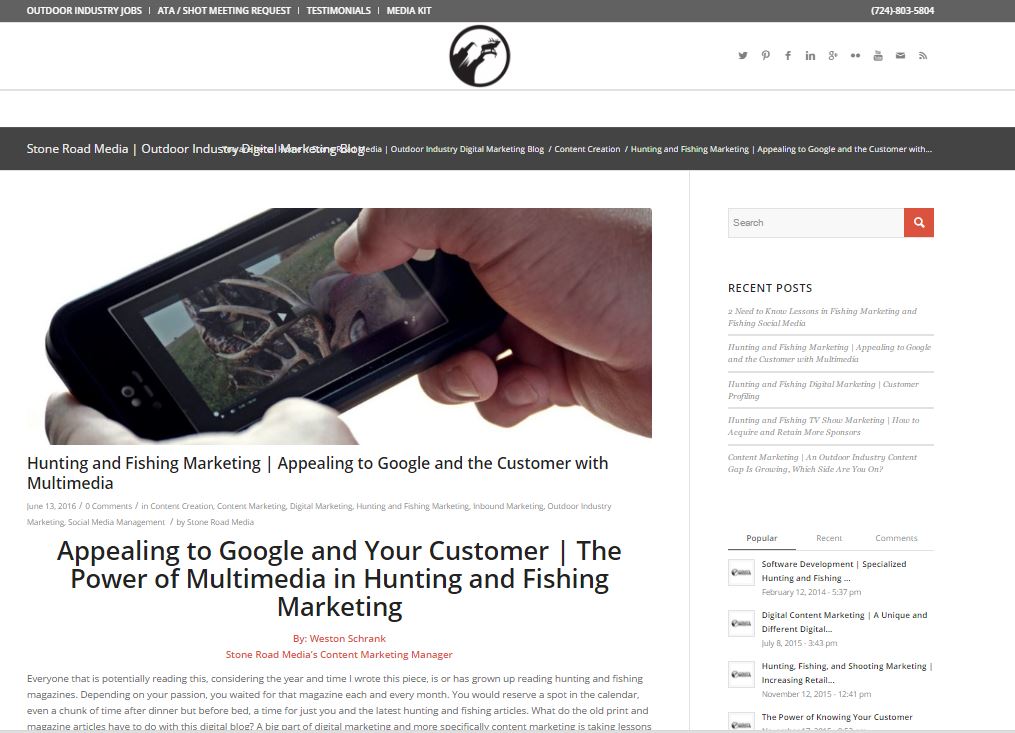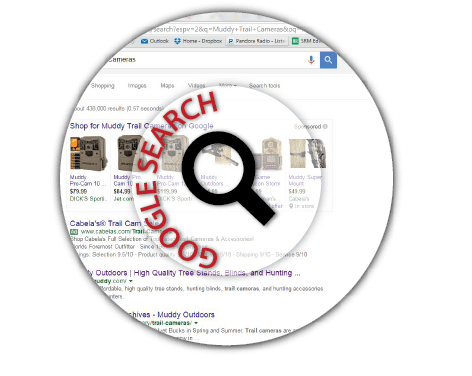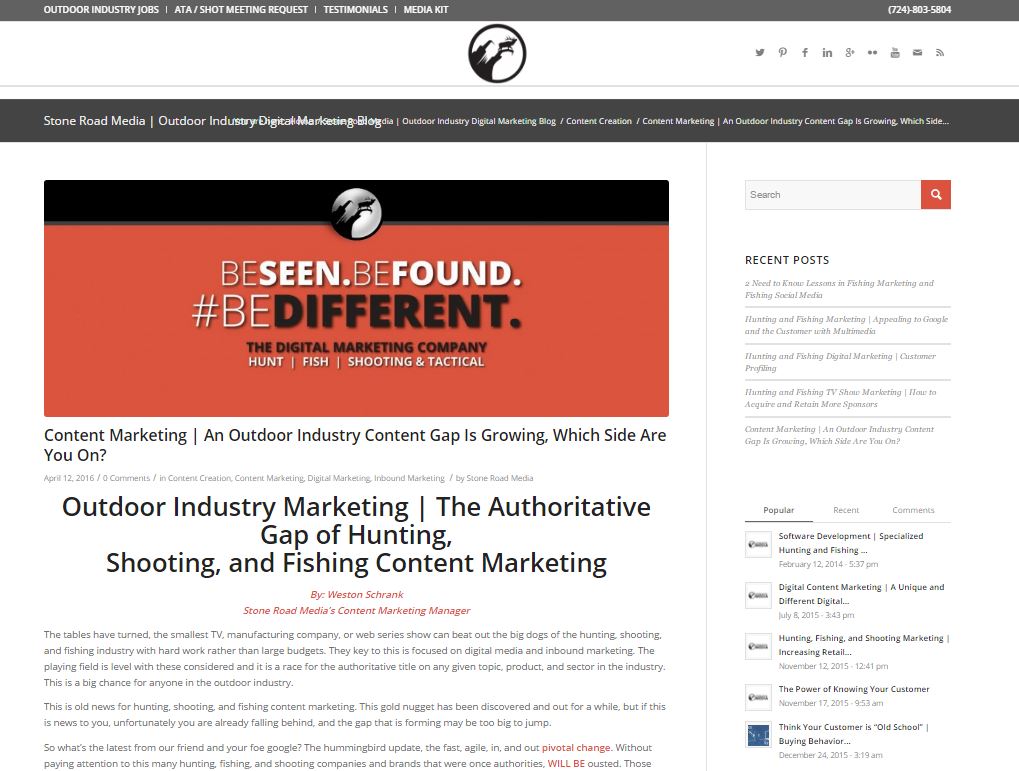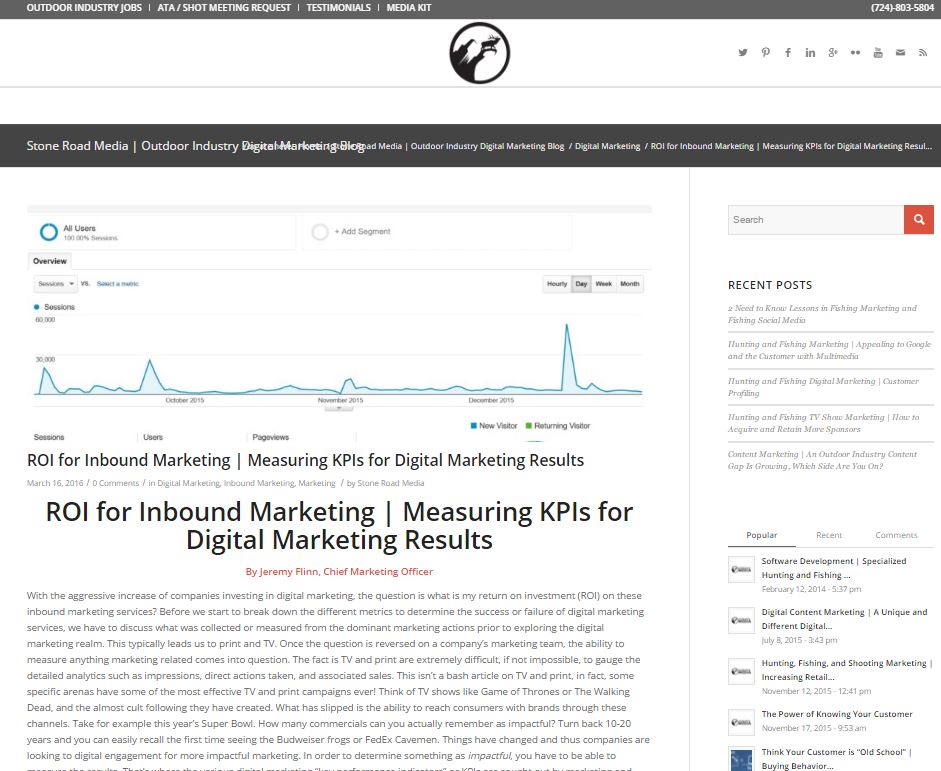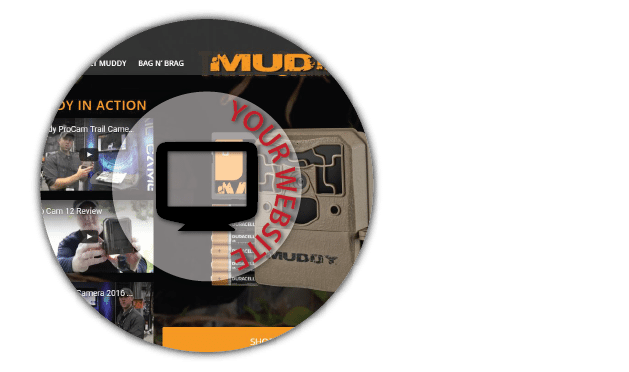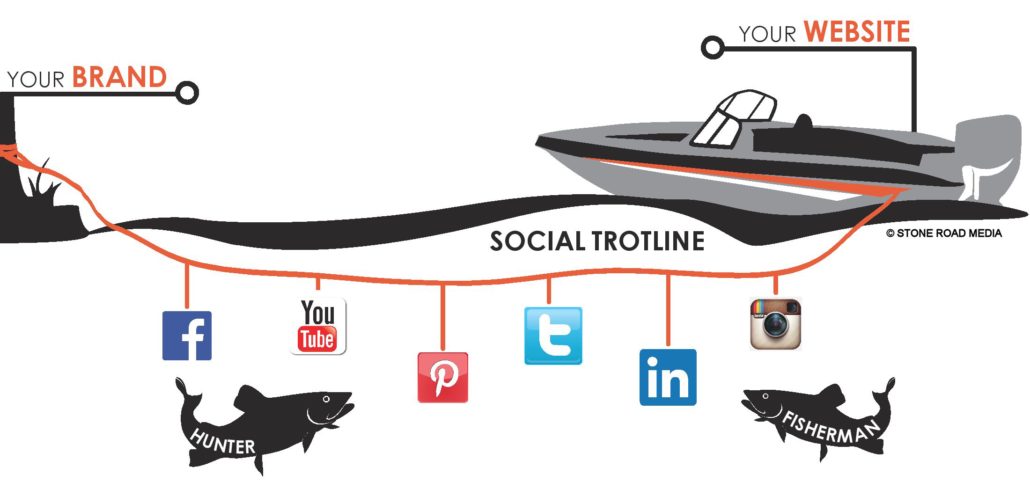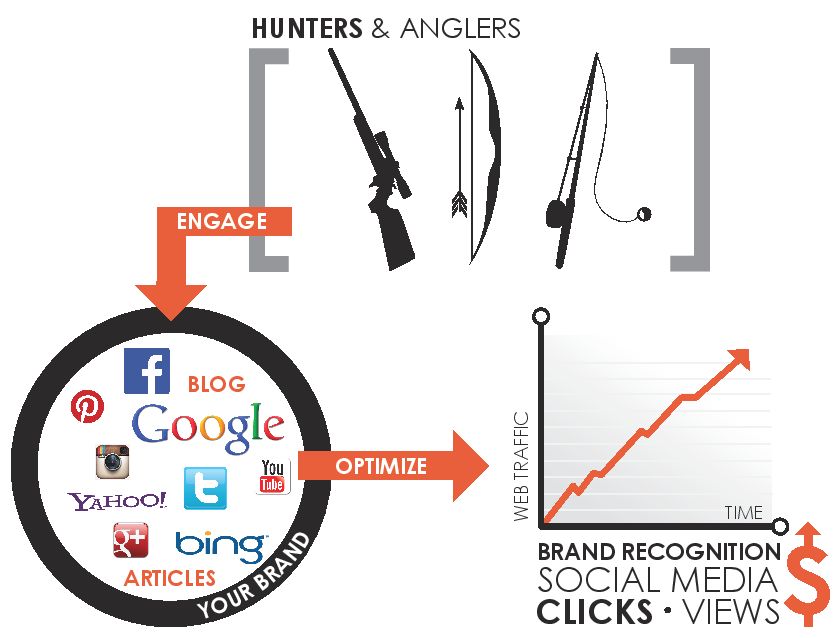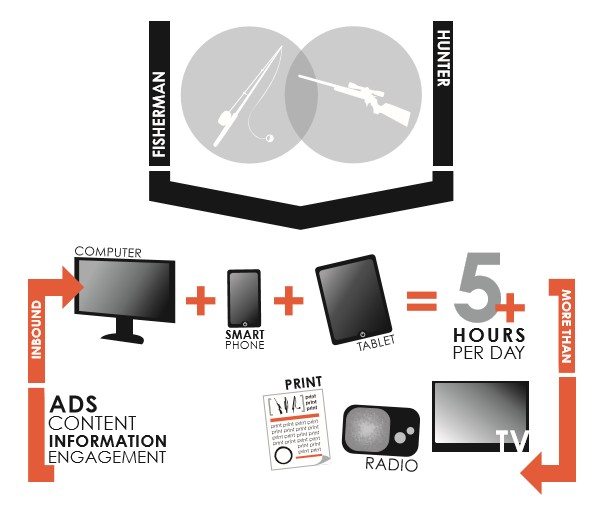The Reality of Hunting and Fishing “Pro Staff”
What Does Hunting, Shooting, or Fishing “Pro Staff” Really Mean?
By: Weston Schrank Stone Road Media’s Content Marketing Manager
You either know one, are one, or want to be one. This industry is filled head to toe with hunting, shooting, and fishing pro staff members. To anyone that “wants to get an outdoor industry job” it’s the first place to start. It is a gateway into the industry, but it’s also a tough and confusing and almost always frustrating road if that is your end goal. No, you will not hunt for a living, you will not make money (at first), and you will most likely spend more money. Ask yourself this…
“All of the work, time, and money, for what, A title? Is that worth it? Is it worth it to the company? What really is becoming a “pro staff” about?”
Let me go ahead and clear up any confusion…this will not be your normal blog on “how to become a pro staff of the ____ company”. Sure I will cover that, but in reality, any of the material that is out there associated with a pro staff query comes from the manufacturers/brands themselves on the subject. I’m here to tell you that they are not always right! If at all, the best information (as it often comes down to) is available in a forum, where there is an actual discussion taking place from people with experience. However, as you will discover when reading this blog there is a bigger problem at the heart of this issue that the brands, manufacturers, pro staff managers, and even forums can’t touch. There is a huge rift between the understanding of what a pro staff is, what their duties are, and what the compensation should be for the relationship.
What or Who is Pro Staff?

Sound familiar?
I’ve heard every side of the spectrum…from “elite pro staff” explaining ”don’t let camo company B throw you around, your more valuable than a simple discount”, to manufacturers coming off as annoyed saying “ we are camo company B…you give us this, this, and this, for cross promotion and a % discount” and all with little option for a rebuttal. Now before I get slammed from each side for this piece I will say this, this industry isn’t what it actually seems.
The Real Issue
At the pro staff level, there is a severe tainting of a few valuable members with skills, mixed with a majority of members that grab the title, free gear or discount, and run never to be heard from again. At the manufacturers/brand level, there is often a too good for you mentality that will rub anyone the wrong way. Now before a few pro staff managers comment, do not assume you are always on the right. Improperly managed pro staff has come to form the problem itself…you don’t trust your pro staff to deliver, do you? If you answer yes then you might have the application process and management skills in place, but you still may not get the complete picture.
In reality…most people will arrive at this blog because the term has been thrown around, beaten, chewed up and spit out by just about everyone in this industry. “So what, just another pro staffer”…we here it all too often. So what is the real issue here?
Now before you get too ticked off let me say this, a soon to be or existing pro staff member, as well as the pro staff manager of a brand/manufacturer will, in fact, benefit from this read. No, I’m not a pro staff manager, I’m also not a pro staff member(in title). In this blog let’s just say I’m someone that understands the value of what the relationship is based upon…CONTENT. My hope is to explain this value, the relationship it develops between companies and their pro staff, as well as show you what hunting and fishing content looks like when used to its full potential.
Hunting, Shooting, and Fishing Pro Staff Content
Essentially having a position on a company’s pro staff means that you are promoting the brand. The understanding here is that you receive benefits, and provide the company content that they in turn use to promote their brand. Now, up to this point, a great deal of content had to be wasted. The outdoor industry is just now starting to finally sink teeth into digital marketing, and even now it is still a longshot to the optimal use of content. So it is no wonder the term of pro staff and the relationship is so confusing and skewed.
At the end of the day the relationship is entirely based upon the content’s value. Sure there are several promotional staff members that simply run the gauntlet of trade shows and booth running, however, most of them also provide content on a monthly basis. Now here is where the problem in lies and stems other more noticeable problems. Excuse me if this comes off more like a rant than actual information, but this will open your eyes… As you dive into the world of becoming hunting, shooting, or fishing pro staff you will start to notice companies with completely different understandings of the term “pro staff”. More often than not this stems from the current standing of the company. If the entity is well versed in digital and inbound marketing they will more often than not have a higher $ value on content given. They can do more with it, provide more leads, and use it to its full ability and in turn, reward good content. Subsequently, companies that are still not making full use of their content on their website, social channels, and outlets like YouTube have not bridged the gap of content = leads. This all too often progresses into offering percentage discounts to a very long list of pro staff, that are more customers than actual staff. Of course, what’s worse in either situation is company ego getting in the way. For example, Camo Company B is one of the largest outdoor industry brands, they know how to use content, yet they have so much content from personalities and top authorities that pro staff content is hardly ever used or valued. It’s not that the content given is lacking value, it’s just that they have egos getting in the way of seeing its true worth.
If Camo Company B (hunting or fishing brand) does arrive at this blog feel free to answer this question…can you honestly say that every picture, video, blog, article, or story from a pro staff member is fully used and accurately compensated for? On the other hand, if you are a pro staff member or if you are thinking of becoming one, do you understand what Camo Company B is actually looking for? Are you asking for a free product but know in the back of your mind you will seldom if ever send valuable content in?
Now I know you’re thinking it, and this is my next point…this is why many companies have different levels of pro staff eventually graduating to sponsorship to combat this problem. Management at this level creates a solution to many of the concerns stemmed from the main problem, but not the heart of the issue itself.
The even bigger question going far beyond pro staff management that is daunting the industry currently is what are those full-time sponsorships and authorities really doing for you? You know how much you spend on that TV show and personality but what’s your ROI? If you are the producer/personality endorsed, what are you giving the sponsor to show ROI? It’s always been the same stats, at least until digital came into play. This is obviously the bigger issue that needs to be discussed in the industry. It is already knocking on the doorstep, thus the panic around outdoor TV that is rapidly becoming an un-ignorable buzz. An apparently huge issue not appropriate for this blog, so take a look below.
The Pro Staff Climb
Content coming from Personality A is and will always be more valuable than content coming from a new pro staff member. That statement is not always true. Personality A, sponsored by Camo Company B often does not give the time of day to do a detailed review of the camo against different backgrounds, how well it holds up to brush, what it looks like after 100 washes…you get the idea. It’s the content people want to and need to see, that is often undervalued by the company itself. There is a place for all content!
As I said, becoming a pro staff member is a gateway into the industry. What it comes down to is high-quality, consistent, and professional content. You have to know how to write, take pictures, tell a story, or use a video camera. No, you don’t have to run a 4k setup with so much color correction that it looks like your entire film is enveloped in a foggy white. You have to provide real authentic content and communicate it as such. Think about this…you are a hunter, a shooter, or an angler. What content do you consume, what brought you to that brand’s doorstep in the first place? If you are graduating from consumer to content creator, then produce the content you would want to see, and what brought you to that brand. There is content to be made at every level. Educational, informational, reviews, stories, successes, failures, and/or video and picture content that fit each stage of the process you use every day to buy a product or make an impression on a brand.
Now that last part might have overwhelmed quite a few of you. This is WORK! If you are not serious about it than you might be some of the “pro staff” that is tainting what brands/companies are actually looking for. Your goal here should be to get a foot in the door with a company, work your tail off, develop a trust and relationship and expand in that niche. However, this industry is not what it seems. Don’t think that a company will reward hard work, and high-quality work…that is not always what it is about. Here are some tips when getting started.
Getting Started
Now, when you are looking to become pro staff think about the job. Basically, it is to promote the products and the brand. In the initial start, there will be some deciding on your end. First, pick a company that you truly believe in. This is pretty common sense stuff. The bigger insight is observing your initial thoughts upon the application process. Do they come off annoyed right off the bat? Are they respectful and inviting? This can initially tell you your own ROI, the predominant investment being your valuable time. You will be working your tail off if you want to get places, and choosing to become pro staff to a company that will simply ignore your efforts is extremely frustrating and at the end of the day pointless.
When going about making the connection treat it as a job right out of college. This almost goes without saying, but you never know…basically just come prepared! When submitting an application keep every level of the application professional, from your resume to your social media accounts.
What You Should Offer
Obviously, this comes with your expertise. If you’re a writer and a storyteller than writing should be your focus. Offer monthly content or a certain number of articles in a year. If you’re comfortable or experienced behind the video camera or DSLR, offer review videos or product use pictures for social media and website content. Some companies might already have in place requirements such as these for the relationship. Naturally, fall into your niche in content creation. You will be good at something in particular that the company needs. Exploit that!
Make sure that you are consistent…I cannot stress that enough. Every single day I look for fresh content for our clients. It is hard to come by…especially consistently. If someone is out there, producing video after video or, picture after picture, of content related to a product to one of our clients, you can bet ill find it and use it. If it’s at a professional level, it’s valuable, and its consistent people will find it, read it, and follow it. Eventually, you will be noticed…being rewarded however is a different story!
What You Should Get
You cannot expect to immediately get free gear unless you are immediately confronted with a more in-depth application process. This might include some type of contract. If not, and just a discount and basic gear are offered, go ahead make an initial investment and prove yourself to advance to the next levels.
This is where a lot of opinions vary again going back to the source of the problem which is basically how to use the content. Any writer knows magazines pay good money to well written and orchestrated content with high-quality photos. It is a completely content-driven business. The same content, optimized for the website and company, should be considered the same right? If you get to the point of consistently writing, videoing, or providing pictures as a pro staff member, compensation should absolutely go beyond a discount or a free piece of gear.
It’s Always Content
If the brand truly knew how to use it, every bit of content provided is valuable.
How?
While I hate having to send you to other blogs for more reading, I want to drive home the point of the full potential of content. In the last blog I wrote for Stone Road, Outdoor Industry Marketing 101 | Capitalizing on Seasonal Content, I walk you through a long process of phases of how just one video, picture, or blog transforms into gathering consumers to the brand. This also gives you a great reference into what valuable content looks like at the professional level, and how a brand/manufacturer should use the content.
Upon reading that blog, as well as other blogs focused on content marketing and content creation, you have a higher understanding of what content is used and how it is used. You’ve already become a more valuable pro staff member by simply educating and understanding some basic outdoor industry marketing.
Every hunting, shooting, and fishing pro staff manager, brand owner, personality, hunter, shooter, or angler are at the end of the day just a normal guy or girl. Sure egos get in the way, but more often than not the brand you wish to be a pro staff member for is not making full use of the content supplied to them. In turn, they can’t say they accurately know how to manage pro staff, or even compensate them. In the end…the term “pro staff” completely depends on the content, as does most everything in this industry.
About
Article: Weston Schrank is Stone Road Media’s Digital Content Manager. He has turned the obsession of outdoors and hunting, expertise in wildlife and land management, and understanding of specialized content creation and SEO into an excelling and devoted career as a content manager and strategist, benefitting the company’s many outdoor industry partners, and outdoor freelance writers.
